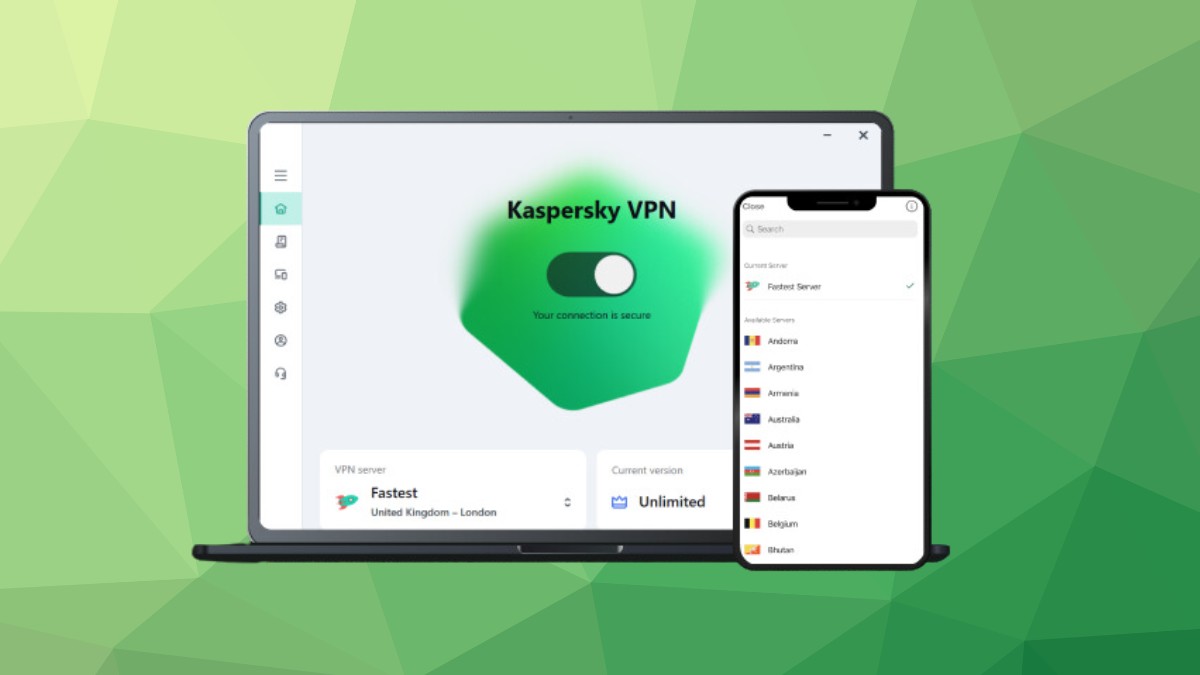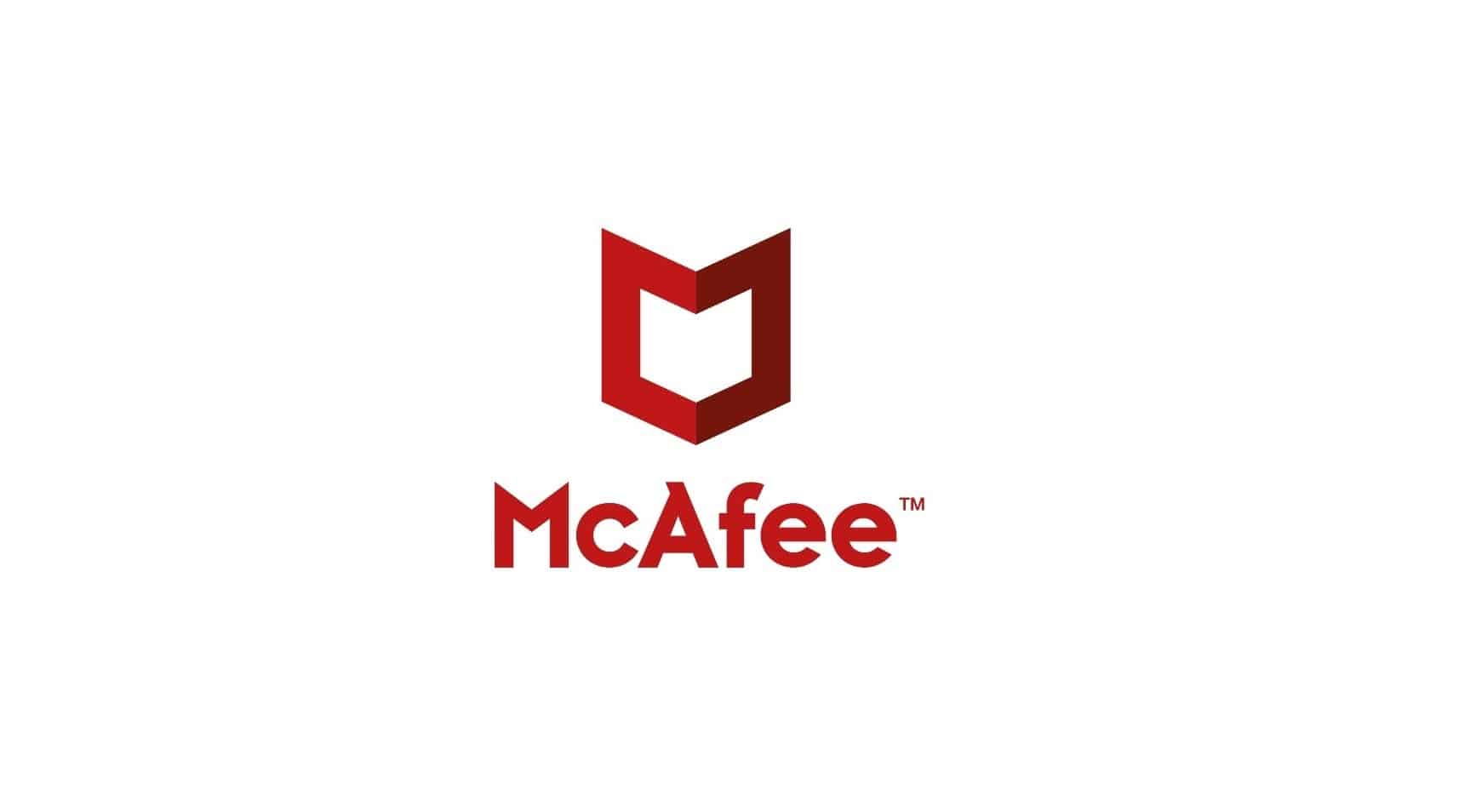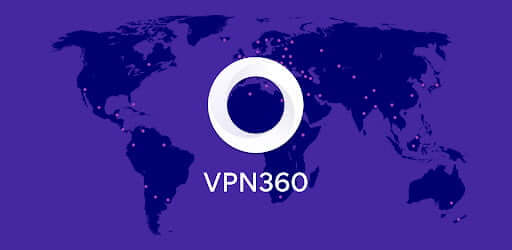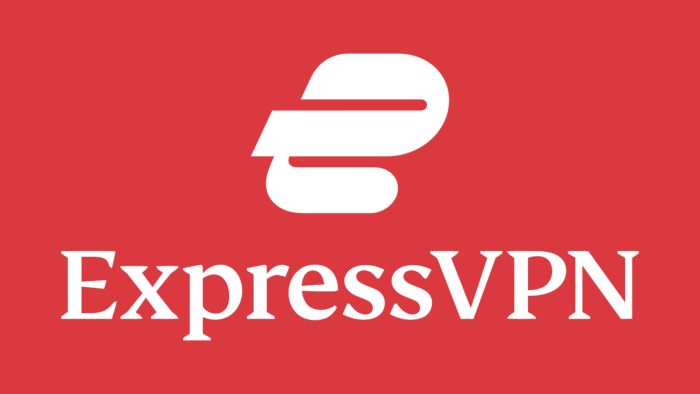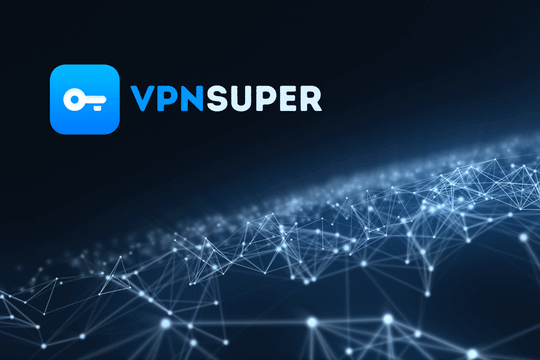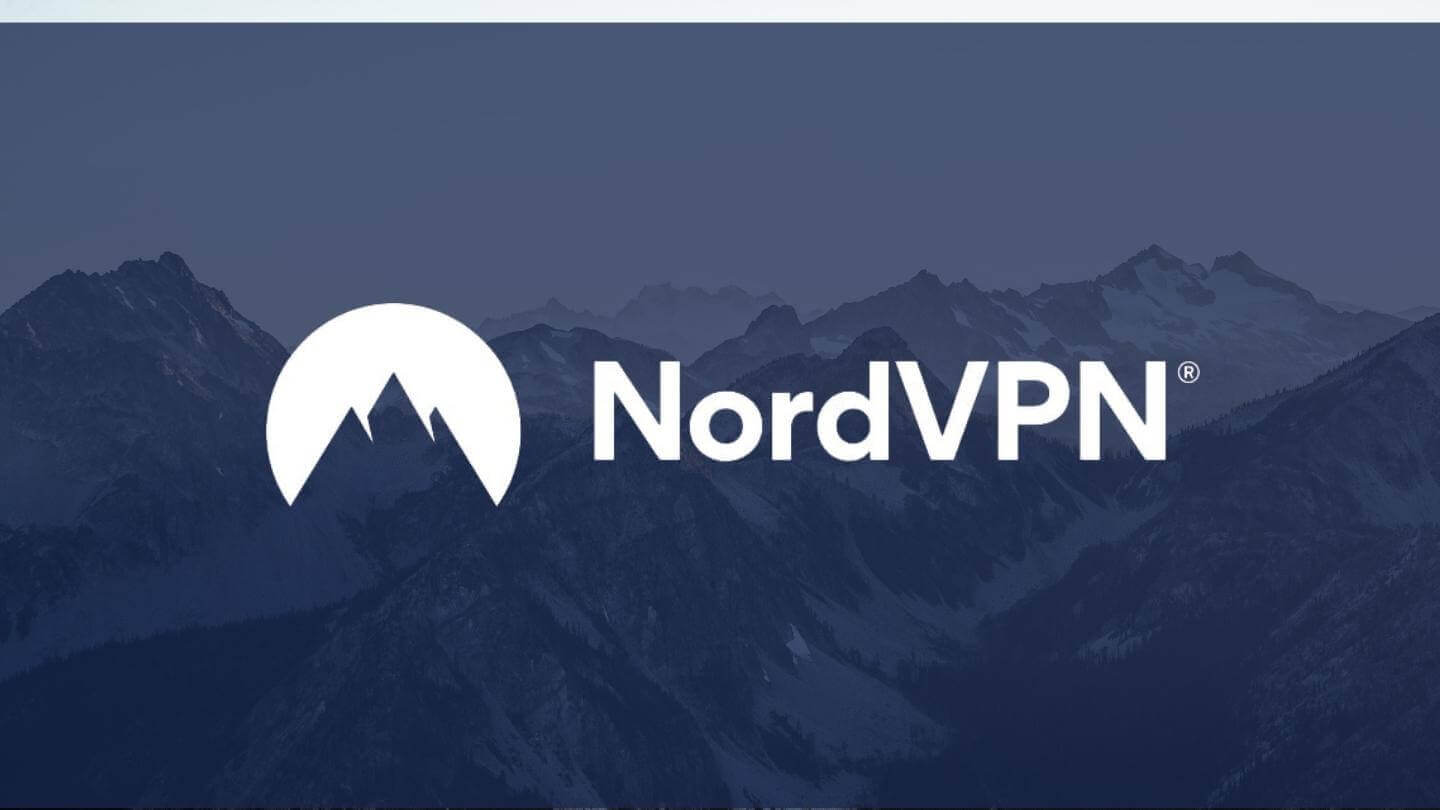Tag: latitude
-

Kaspersky
In the labyrinthine world of cybersecurity, Kaspersky Lab has carved out a name for itself as a leading antivirus and security software provider. Founded in 1997 and headquartered in Moscow, the company has had its share of accolades and controversies. Kaspersky gained significant recognition for its role in uncovering state-sponsored cyber-attacks, including the Stuxnet worm…
-

Hotspot Shield
Hotspot Shield is a VPN service that has been around since 2008, making it one of the older players in the market. The service gained notoriety for its use by dissidents during the Arab Spring protests in the early 2010s. However, its reputation took a hit in 2016 when researchers cited Hotspot Shield in a…
-

McAfee VPN
It’s highly likely that you’re familiar with McAfee if you’re acquainted with any company in the realm of digital security and virus protection. Founded in the United States in 1987, McAfee has gained notoriety primarily for its antivirus software. However, upon discovering that they also offer a VPN service, we felt compelled to put it…
-

VPN 360
VPN 360 is a virtual private network (VPN) app that allows users to protect their online privacy and security by encrypting their internet connection and routing it through a private server. It is one of the security products offered by Pangu whose parent company is Aura. VPN 360 is available for both Android and iOS…
-

ExpressVPN
ExpressVPN was launched in 2009 by serial entrepreneurs Peter Burchhardt and Dan Pomerantz. From its inception, ExpressVPN’s commitment to privacy and security would be called in to question as several unsettling events unfolded. The service would eventually be acquired by Kape Industries (see more below) for just shy of 1 billion dollars. You have to…
-

VPN – Super Unlimited
Just about everyone knows what a VPN is these days, or at the very least, they’ve heard of them. And businesses keen on making a quick dollar have caught on to the recent surge in VPN users. A quick glance at the iOS App Store shows over a dozen VPN apps, all with their own…
-

NordVPN
NordVPN is a Virtual Private Network (VPN) service provider that was founded in 2012 by four childhood friends in Panama. The company is now headquartered in Cyprus, with offices in the United States, the United Kingdom, and Lithuania. NordVPN is one of the most well-known VPNs in the market, and this is due to their…
